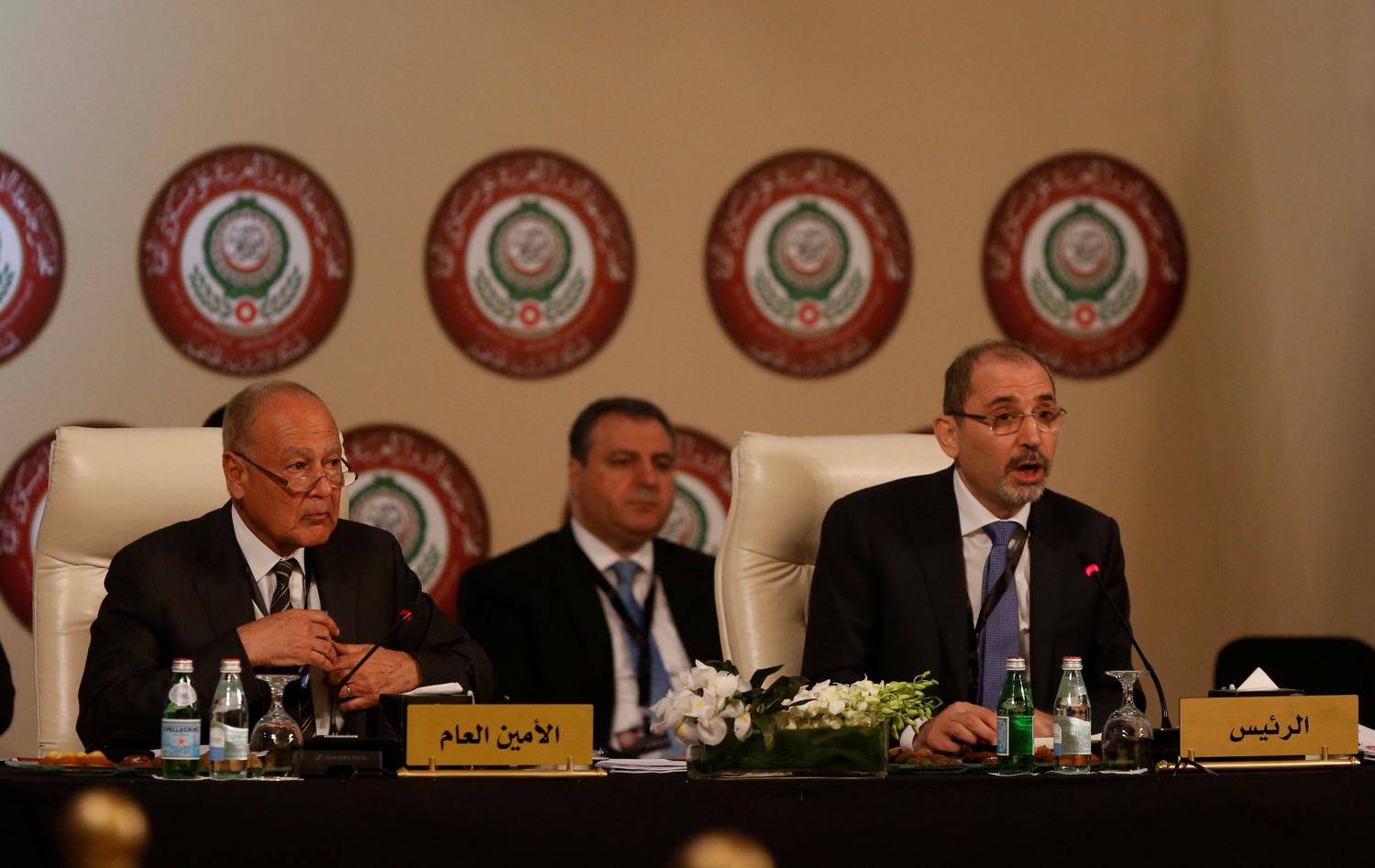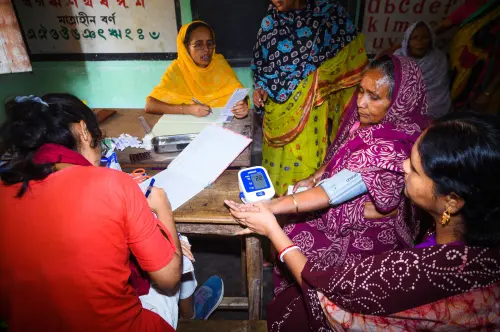EXECUTIVE SUMMARY
As the Obama administration lays out ambitious foreign policy goals in the Middle East, some wonder where human rights and democracy will fall on the new agenda. While President Bush’s Freedom Agenda was problematic, debates over political reform in the Arab world are not likely to fade, and will inevitably produce policy dilemmas for the United States.
As Obama’s team builds its own approach to democracy promotion, it should examine the record of the Middle East Partnership Initiative (MEPI), created in 2002. MEPI has overcome early deficits to create a small-scale, successful model of “democracy diplomacy” that integrates foreign assistance with foreign policy. MEPI has reached out to civil society actors in the Middle East, supported local efforts at political reform, and created new incentives for U.S. officials to incorporate democracy and human rights advocacy into their work.
The program still suffers from a lack of top-down policy support, as well as from some programming weaknesses. Overall, though, its record shows how a flexible aid program, embedded in a regional bureau, can help the U.S. government seize opportunities to protect its interests and advance democracy abroad. As such, the program suggests the value of tying foreign aid more closely to foreign policy, and moving at least some aid authority in-country and closer to the ground.
The Brookings Institution is committed to quality, independence, and impact.
We are supported by a diverse array of funders. In line with our values and policies, each Brookings publication represents the sole views of its author(s).



